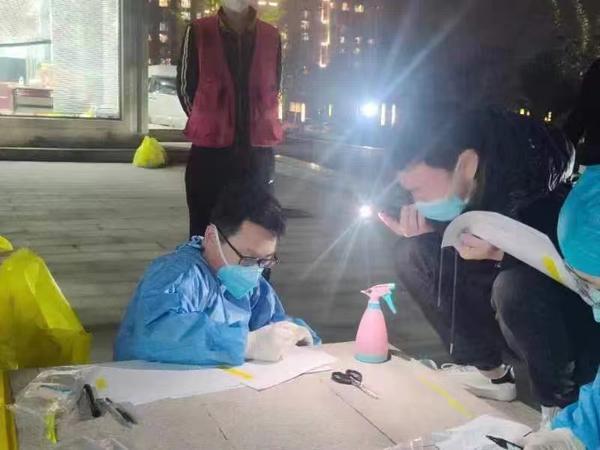In the annals of history, few events have wrought such profound and far-reaching changes as the COVID-19 pandemic, an unforeseen calamity that has reshaped our lives, economies, and societies on a global scale. This essay endeavors to traverse the turbulent waters of the past two years, shedding light on the challenges we faced, the resilience we displayed, and the lessons we learned during this unprecedented time.
The Dawn of Uncertainty
The year 2020 dawned with a sense of normalcy, little anticipating the storm that was about to engulf the world. On January 30th, 2020, the World Health Organization (WHO) declared COVID-19 a public health emergency of international concern, marking the official commencement of the pandemic era. Initially, it was a distant threat, confined to China's Hubei province. But within weeks, it had become a global phenomenon, spreading like wildfire across borders, disrupting lives, and redefining our notions of safety and security.
The Battle for Understanding
Amidst the chaos, one of the primary battles was for information and understanding. The virus, a novel coronavirus, was a mystery to scientists and laypeople alike. Misinformation and disinformation swirled on social media, fueling panic and mistrust. The race for a vaccine seemed like an uphill battle against time itself, with researchers working around the clock to unlock the secrets of this elusive pathogen.
Lockdowns: A New Normal
As cases surged, governments implemented stringent measures to flatten the curve: lockdowns, social distancing, and mask-wearing became the new norm. Cities went silent, streets empty, and life as we knew it came to a standstill. This 'great pause' offered a rare glimpse into the intricate web of interconnectedness that sustains humanity—the vulnerability of our systems and the resilience of our spirits. Families were forced to adapt, finding solace in virtual hugs and online gatherings.
Economic Turmoil
The economic fallout was devastating. Businesses closed their doors, job losses mounted, and economies teetered on the brink of recession. Small businesses, in particular, bore the brunt, with many never to reopen. The global supply chain crumbled under the weight of travel bans and quarantine measures, leading to shortages of essential goods and services. Governments scrambled to implement stimulus packages and bailout plans to mitigate the damage, but the scars remain visible even in the aftermath.
The Frontline Heroes
Amidst this crisis, a different kind of battle was being waged—on the frontlines of hospitals and communities. Healthcare workers, clad in protective gear, became our shields against the virus, risking their lives daily to save others. They were joined by an army of volunteers, essential workers, and ordinary citizens performing acts of kindness and selflessness. Their stories of courage and sacrifice illuminated a beacon of hope in the darkness.
The Power of Human Connection
Despite the physical distance imposed by lockdowns, humanity's innate desire for connection remained undiminished. From virtual quarantine parties to online fundraisers for frontline workers, people found ways to maintain their humanity amidst adversity. The #StayHomeStaySafe campaign encouraged creativity and community building through digital platforms, demonstrating that even in isolation, we could come together to lift each other up.
The Silver Lining: Innovation and Adaptation
The pandemic also served as a catalyst for innovation. Remote work became the norm for millions, transforming how we conduct business and learn. Online education flourished, bridging the digital divide and providing access to knowledge for millions worldwide. Telemedicine emerged as a game-changer in healthcare delivery, reducing the risk of infection while maintaining essential services. Small businesses adapted, embracing e-commerce and delivery services to survive.
Reimagining the Future
As we navigate through this new normal, we are forced to reimagine our world—a world post-pandemic. The pandemic has underscored the importance of preparedness, resilience building, and global cooperation. It has highlighted the fragility of our systems but also our collective capacity for adaptation and innovation. As we look ahead, we must prioritize public health infrastructure, digital equity, and sustainable economic models that can withstand future shocks.
Lessons Learned
The COVID-19 pandemic is a stark reminder that we are but a small cog in a vast interconnected web of life. It has taught us the value
转载请注明来自爬爬百科,本文标题:《疫情中的航行,COVID-19时代的旅程》












 京ICP备11000001号
京ICP备11000001号
还没有评论,来说两句吧...